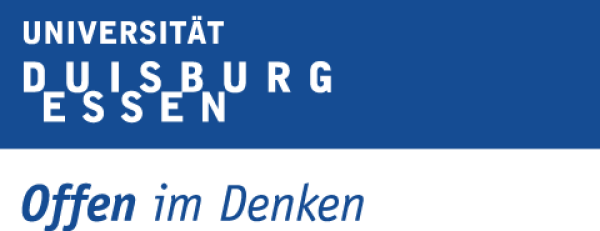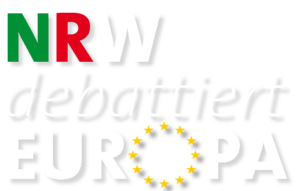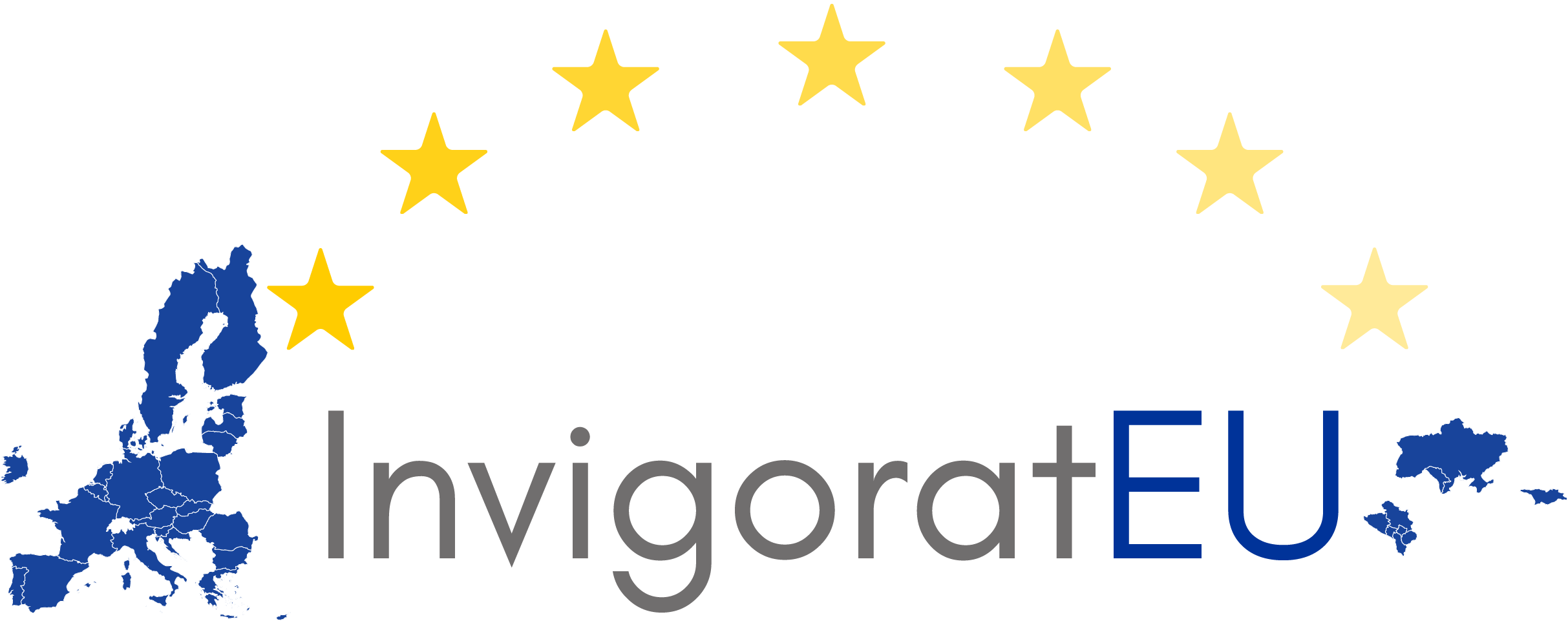We invite proposals for contributions to an edited volume analysing various aspects of the 2024 European Parliament elections, to be published by Springer VS in spring 2025 in two language versions (English and German).
The volume is jointly edited by Prof. Michael Kaeding and Dr. Alex Hoppe (Jean Monnet Chair for European Integration and European Politics at the University of Duisburg-Essen) and Dr. Manuel Müller (Finnish Institute of International Affairs, editor of the blog “Der (europäische) Föderalist”). It is a follow-up to the German-language volumes “Die Europawahl 2014 – Spitzenkandidaten, Protestparteien, Nichtwähler” and “Die Europawahl 2019 – Ringen um die Zukunft Europas” (both Springer VS) and builds on their experience.
The main objective is the timely analysis of different facets of the European elections, such as electoral systems, electoral campaigns, public perception of the election, the role of European parties, determinants of voting behaviour, or the consequences of the electoral results for European governance. In addition to analyses from European studies, perspectives from other (sub)disciplines and research areas, such as election, party, communication or governance research, are explicitly welcome.
We particularly encourage contributions that study EU-wide issues and/or transnational
patterns. For example, contributions may:
- focus on the European level, or
- compare several member states or groups of member states, or
- focus on interrelationships in the multi-level system.
Deadlines
Abstracts should briefly and concisely outline the proposed contribution and should not exceed 300 words. Abstracts should be sent to the editors by 1 December 2023:
Abstracts to:
michael.kaeding@uni-due.de
alexander.hoppe@uni-due.de
manuel.mueller@foederalist.eu
The final contributions to the volume should not exceed 25,000 characters (approx. 8 pages) and can be written in German or English. After submission, the publisher will translate the contributions into the other language within the framework of a cooperation agreement with DeepL. The authors will then proofread and revise the translated version. (For authors who do not speak one of the languages, the editors will take care of the proofreading.)
Contributions may well cover several of the aspects listed in the call, or include additional aspects.



